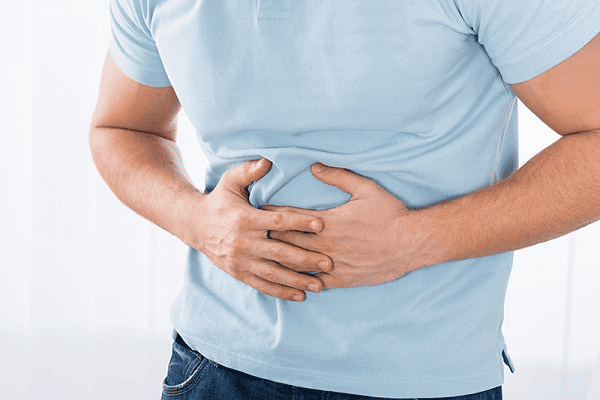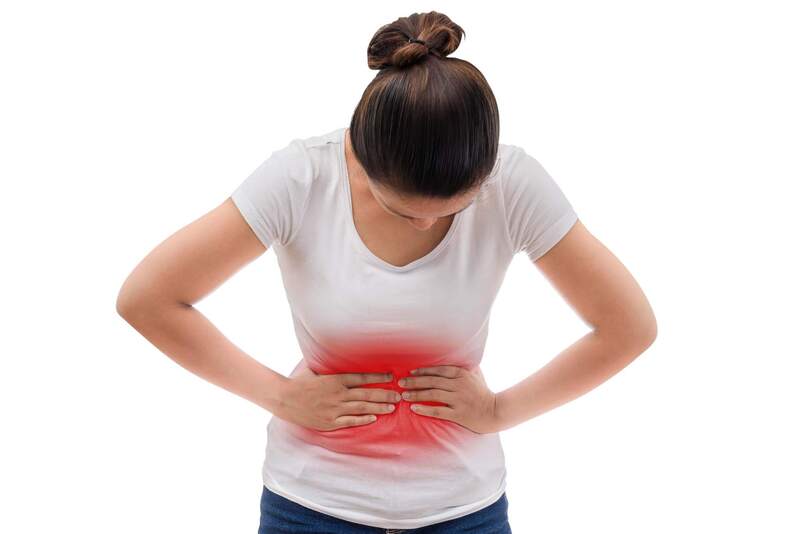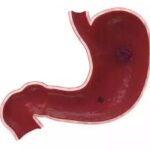Blood in Stool
The presence of fresh red blood or dark blood (sometimes resembling tar) in your stool is an important indicator of colorectal cancer. However, it’s important to note that blood in the stool can also be caused by other issues such as hemorrhoids. If you notice any blood in your stool, seek medical attention immediately.
Abdominal Pain or Discomfort
Unexplained cramps, bloating, or abdominal pain, especially in the lower abdomen, could be related to colorectal cancer. Prolonged feelings of fullness or discomfort should also be noted.

Unexplained Fatigue
Prolonged feelings of weakness and fatigue that are not associated with physical activity or stress could be a sign of colorectal cancer. This may be due to chronic blood loss, leading to anemia and resulting in fatigue.
Unintentional Weight Loss
Rapid weight loss, even without changes in diet or exercise habits, is a common sign of many cancers, including colorectal cancer.
Abnormal Bowel Movements
Thin or flat stool shapes may be caused by a tumor pressing on the colon. Sudden changes in bowel movement frequency are also noteworthy.
When to See a Doctor
If you experience any of the above symptoms, especially if they persist for more than 2-3 weeks, consult a gastroenterologist. Procedures such as colonoscopy, blood tests, or CT scans can help detect colorectal cancer early on.

Preventing Colorectal Cancer
For individuals over 50 or with a family history of colorectal cancer, regular colonoscopy screenings are advised. Remember, early detection provides peace of mind and timely treatment if needed.





































